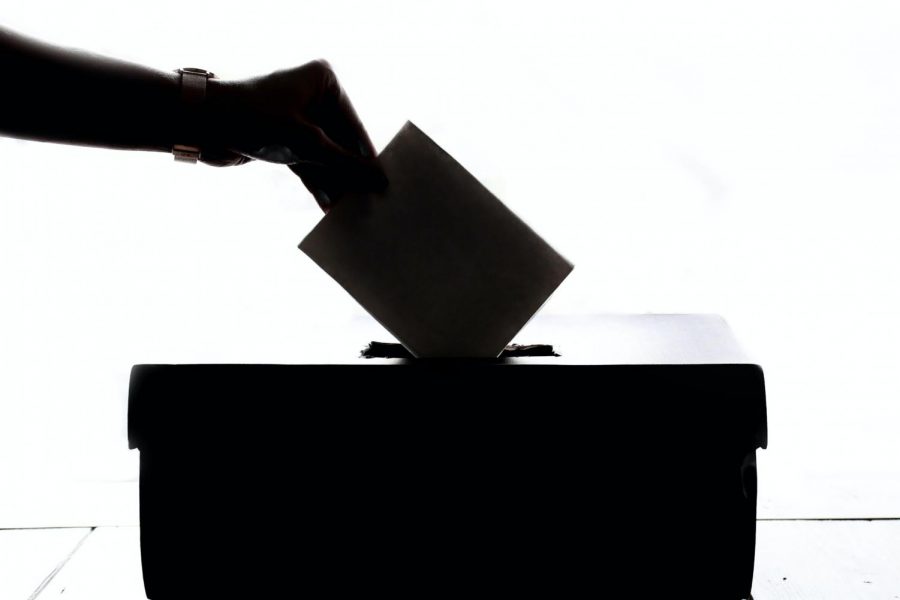What we know about voter fraud
By Element5 Digital from Pexels
Voter fraud, particularly with mail-in ballots, has been a huge debate during the 2020 presidential election, although there is not much evidence to support any claims that fraud swayed results.
November 17, 2020
The 2020 election has given way to thoughts and discussions about the integrity of the United State’s voting system. Does voter fraud happen in our elections? Does it sway the outcomes? These are the questions that have been on the minds of millions of Americans as the 2020 presidential election drags on.
Voter fraud is real and it does happen in the United States. According to Lorraine Minnite, a professor of political science and associate professor of public policy at Rutgers University, voter fraud has been a concern in the U.S. for over a century.
While we can recognize that voter fraud is a real occurrence, I have concluded that the amount of voter fraud that actually takes place in the U.S. is marginal at best, and only stands in the spotlight when the nation is truly divided.
In the 2000 presidential election between Al Gore (Democrat) and George W. Bush (Republican), the two presidential candidates were basically tied with Florida’s Electoral College votes as the tie breaker. According to Brookings, “It was the closest presidential election in American history [as of 2001], with only several hundred votes in Florida determining the winner out of more than 100 million ballots cast nationwide.”
The battle for Florida in 2000 took five weeks and a trip to the Supreme Court to resolve, according to National Public Radio. While Gore had won the popular vote, the Electoral College votes in Florida decided the race for Bush in the end.
Similarly, Joe Biden has been named the president-elect by the Associated Press. The ongoing court cases and resulting recounts happening in the U.S. could potentially change that decision, but it seems unlikely as he currently leads Trump by 58 electoral votes.
In Minnite’s paper, An Analysis of Voter Fraud in the United States, she describes the historical events where voter fraud was questioned, including the 2000 presidential election. In all of the instances she describes, managerial incompetence and other issues were at play, but intentional voter fraud could not be substantially proven.
In both presidential elections where voter fraud has been questioned, the presidential race has been alarmingly close. While Bush was made president in 2000, the outcomes of the 2020 election could be completely different.
Voter fraud does occur in the U.S., but the amount of voter fraud that occurs in each election has never proved substantial enough to inflict real change. While issues have arisen in elections that do affect the outcomes, such as system glitches and problems with mail-in ballots, there is very little evidence that these issues are a result of fraudulent actions.


